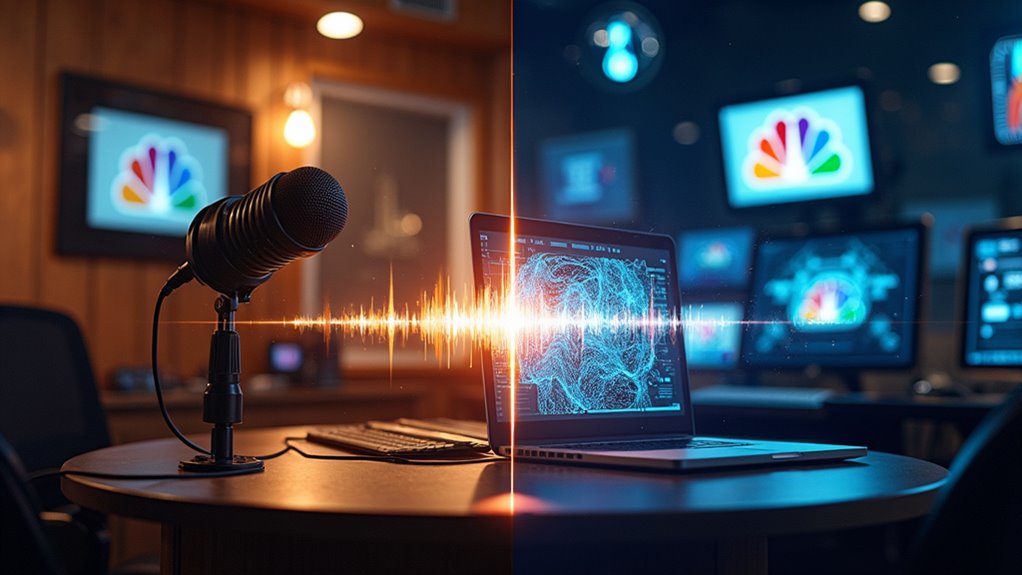Despite skepticism—only 46% of employees trust AI outputs and 63% fret over accuracy—many still use workplace AI because it simply gets tedious tasks done fast, freeing them up for meatier problems (or at least longer coffee breaks). Workers know AI outputs can be as dubious as a horoscope, but when faced with never-ending spreadsheets or emails, it’s tough to say no. The result? Productivity wins out over paranoia, as efficiency trumps misgivings. Want to see what’s behind this trust tug-of-war?
Yet, here’s the kicker:
- 58% use AI at work regularly.
- Only 46% trust AI’s outputs.
- 52% of US workers worry about AI’s workplace impact.
- 79% of Americans don’t believe businesses will use AI responsibly.
Employees clearly have some commitment issues with AI. They lean on it for tasks—sometimes daily—while treating its pronouncements like fortune cookies: entertaining, occasionally useful, but not to be trusted with life decisions.
Blame it on AI’s tendency to confidently churn out wrong answers (63% cite inaccuracy as a chief concern), or maybe it’s the fact that most companies still don’t have clear rules for using generative AI (63% are policy-free zones). A significant 63% of American workers do not use AI much or at all, highlighting the gap between hype and actual workplace adoption.
*Why the love-hate?* Because AI gets stuff done. Customer satisfaction can double. AI takes the drudgery out of tasks, freeing up time for, say, actual thinking. Companies that tap into practical applications of AI can create measurable competitive advantages and ROI, but trust and safety concerns still dominate employee sentiment. The lack of algorithmic transparency further compounds these trust issues as employees struggle to understand how AI reaches its conclusions.
And let’s face it, the C-suite is giddy: 80% think AI will drive innovation by 2025. The future is coming fast—adoption rates jumped from 55% to 78% in a year.
Still, it’s not all sunshine and robot assistants. Security scares off 34% of orgs, and everyone’s stuck in a “speed vs. safety” tug-of-war.
The result: people trust AI’s technical chops, but when it comes to fairness or preventing harm? Not so much.
Maybe trust will catch up—if companies focus on reskilling, clearer policies, and, oh yeah, making sure AI doesn’t hallucinate their quarterly reports. Until then, suspicion’s staying for dessert.









